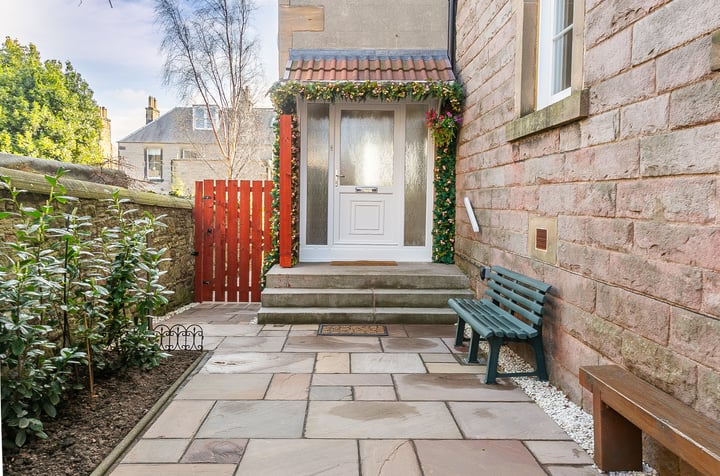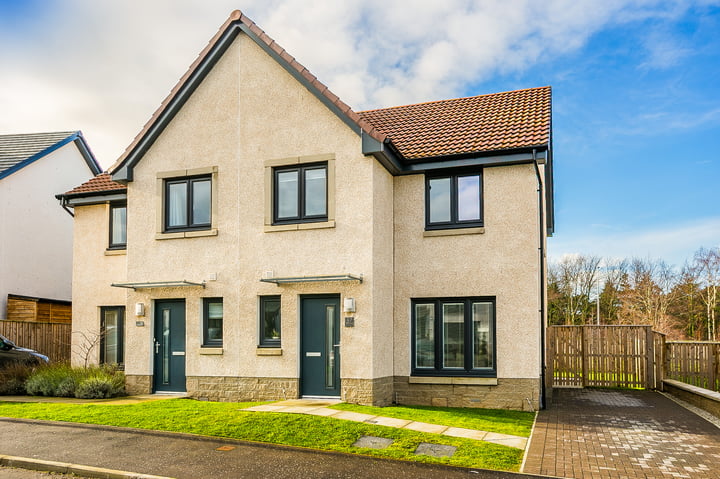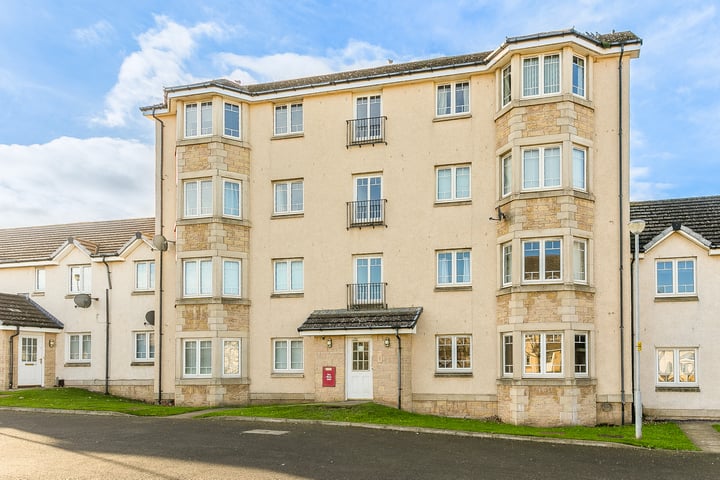It has been reported today that two-thirds of young people without their own home believe they have no prospect of getting on the property ladder. This is based on a survey of 4000 people by Halifax, one of the nation’s largest lenders. http://www.bbc.co.uk/news/business-13575857. What does this mean for first time buyers in the coming year? And what does this mean for the wider property market?
So Is This Really Likely? And Does It Apply to Scotland as Much as It Does to the Rest of the UK?
I think that mortgage availability in Scotland is no better than it is south of the Border as the lenders are the same, so I can’t see why the results of this survey would not be replicated if the survey were carried-out solely in Scotland. The average house price in Scotland is lower than the average price in the UK as a whole so the amount of deposit required is, in theory, less. This means that a first time buyer in Scotland needs to put less money aside for a deposit to allow them to qualify for a mortgage and, of course, that the mortgage amount will be less. However, the problem here is that house prices rose rapidly when 95% and 100% mortgages were available to first time buyers but they haven’t fallen by anything like the same percentage since these mortgages became unavailable. This means that it is certainly harder for first time buyers to get on the property ladder since the credit crunch.
So Will Prices Fall in Such a Way That First Time Buyers Can Afford a Property as Easily in Future as They Could Prior to 100% Mortgages and Run-Away House Price Inflation?
I personally don’t think so. I think that the UK economy has grown used to and adapted around house prices being where they are. The UK economy has benefited from house price inflation in recent years, with people being able to release equity from their homes and spend that money on goods and services. Even the recent house price drops where we saw prices fall by around 10% to 15% have caused huge anxiety and hundreds of thousands of recent property buyers falling into negative equity. A ‘correction’ (price fall) down to pre-100% mortgage, easy-lending days would cause devastation to the personal finances of millions of people throughout the UK and have a serious knock-on effect on the UK economy as a whole. There are some who argue (at the bottom of every Scotsman article ever written about property prices!) that the property market should be allowed to crash and that we should live with the consequences. It’s not for me to go into that kind of argument in this article. However, the fact is that I can’t see any UK government that wishes to be re-elected deliberately allowing that to happen. I believe therefore that the government will be doing all that it can in coming years to ensure that a huge house price fall doesn’t take place.
With That in Mind, Is it Likely That First Time Buyers Will Ever be Able to Afford to Buy?
I find it strange that it’s been reported that Halifax attributes part of First Time Buyer pessimism to a ‘fear of rejection’. If that is the case and the banks aren’t able to lend simply because buyers believe they will be rejected, you would think that banks which make money from lending to property buyers would be making a song and dance about the fact that they have pots of money sitting waiting to be lent and that they would be encouraging property buyers to come to them. Given that it takes a £25,000 deposit to purchase a £100,000 property and achieve a decent interest rate from most lenders, I’d say that the pessimism of most first time buyers, if they don’t have a deposit of that size, is fairly well-placed! The fact continues to be that the banks don’t appear to be falling over themselves to lend money to people who want to buy property.
For as long as the banks require 25% mortgages, we are going to have a long lull in first time buyers being able to afford to buy. And this is going to have a longer term knock-on effect on the rest of the property market. Whilst property prices are not falling in the east of Scotland, they aren’t rising in most places. Given that inflation is currently running at between 4% and 5%, in reality this means that prices are falling and becoming more affordable relative to other items that we purchase. However, it’s not the affordability of the PROPERTIES that is a problem, it’s the affordability of the DEPOSIT for the mortgage that affects most buyers at the moment. If property prices are falling in real terms, this means that the deposit is slowly falling, in real terms, too. However, since salaries are currently not rising at anything like the rate of inflation, the net effect is that people have LESS money in their pockets every month and therefore have less money to put towards deposits than they used to.
So What Does This Mean: Are We Doomed to a Stagnant Property Market for Years to Come Where First Time Buyers Are Unable to Get Onto the Property Ladder?
In brief, I believe that the answer is ‘yes’ unless something changes. So if property prices aren’t going to crash and banks aren’t going to change the level of deposit that they require from borrowers in the near future, what could actually change to ensure higher lending levels?
- The general economic climate improves, banks make more money from other activities such as investments, and have more money available to lend;
- The government legislates to ensure that the banks have to lend more money to first time buyers;
- People adapt to a new reality and start saving money towards deposits and, in due course, the number of property buyers with a large enough deposit increases. This applies both to the buyers themselves and also their families. The parents of many first time buyers have been enjoying property price inflation for the past few years and therefore many of them have a lot of equity in their own properties that they might consider releasing in order to provide their children with a deposit. Other parents might start saving money towards their childrens’ deposits in the way that some save towards school or university fees.
I believe that the first and last of these will happen. I can’t see much mileage in the second option here.
It seems to me that these things will take some time to happen. In the meantime, in the absence of any relaxation of lending criteria and lower deposits being required by lenders, nor a greatly brighter general economic outlook, property prices won’t bounce back sharply nor will they fall greatly. I think we will see a prolonged period of property price stability (also known by some as ‘stagnation’, depending on whether you see your glass as half full or empty) and continuing affordability problems for people looking to get on the property ladder.








Leave a Reply